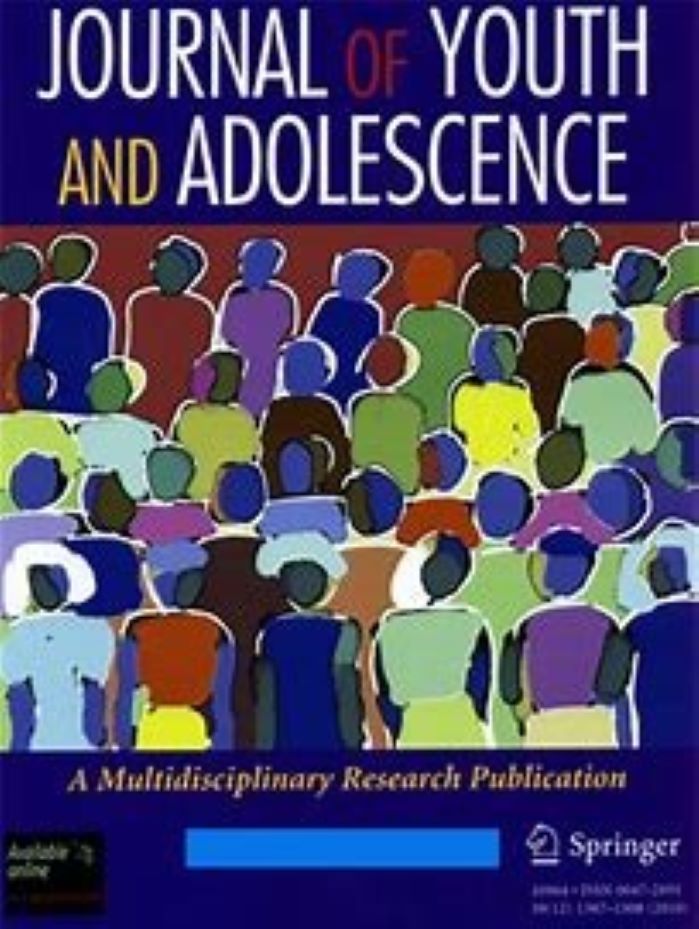Research suggests that positive school environments contribute to lower levels of school disorder. Studies have also documented stark differences between how students and personnel perceive their schools. The current study examines such “perception discrepancies” as a meaningful dimension of the school environment, investigating the hypothesis that when students perceive their schools as less cohesive than their teachers, they are more likely to engage in delinquent conduct. The University of Missouri–St. Louis Comprehensive School Safety Initiative (UMSL CSSI) study allows comparisons between student and personnel perceptions of school climate among an analytic sample of 2741 students nested in 12 American middle schools (average age = 13.6; 54% female; 39% black; 39% white). The results of a series of hierarchical regression models demonstrate that students engage in higher levels of delinquency when they perceive their school environments as less cohesive, on average, than do school personnel. This suggests that discrepancies among students and personnel concerning aspects of the school climate represent a deficiency in the school’s ability to protect against student delinquency.

 The College of Arts
The College of Arts